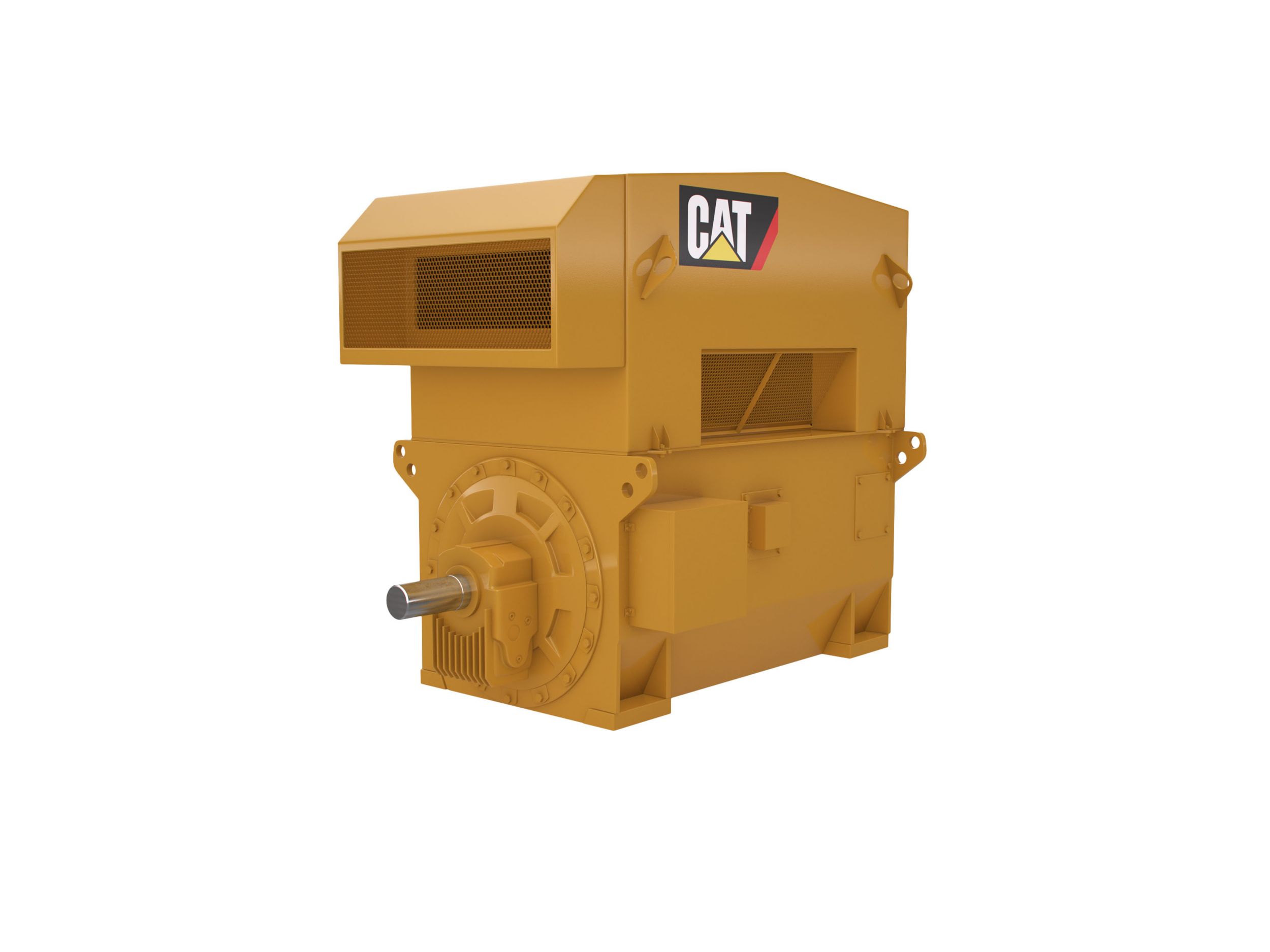Get power built for your most demanding gas compression applications. Every Cat® electric motor is tested at each stage of production to make sure it performs reliably under load and according to your process requirements. High operating efficiency and low operating costs come with low noise levels and no emissions. Cat electric motors for gas compression are backed by the worldwide network of Cat dealers ready to support your operation with technical support, service, parts, and warranty.

Specifications
Units for specifications
Electric Motor Specifications
| Voltage/Frequency | 4000V & 4160V ± 10%/60 Hz |
|---|---|
| Type of EX-Protection | Class 1 Division 2 Group A,B,C,D T3 (NEC or CEC) |
| Mounting Designation | F1 or F2 |
| Number of Poles | 8 |
| Full Load Speed | 892 r/min 892 r/min |
| Electric Motor Type | Squirrel Cage Induction Motor |
| Enclosure Type/Method of Cooling | WP-II |
| Rated Torque | 17658 lb/ft 23941 N·m |
| Maximum Altitude - Before Derate | 3300 ft 1000 m |
| Maximum Ambient Temperature | 104 °F 40 °C |
| Connection of Stator Winding | Star |
| Shaft | 8.5 in 216 mm |
| Standards | NEMA MG1 |
| Insulation | Class F |
| Temperature Rise | Class B at rated load |
| Duty | Continuous |
| Locked Rotor Torque | 50% |
| Full Load Current | 390 Amps |
| Service Factor | 1.15 SF (1.0 VFD) |
| Locked Rotor Amps | 490% Code E |
| No Load Current | 108 Amps |
Standard Equipment
Bearings
- Bearing RTDs for temperature monitoring
- Insulated non-drive end bearings to reduce bearing currents
- Anti-friction on 1500 hp (optional)
Rotors
- Designed for minimal vibration
- Dynamic balancing at full operational speed
- Fabricated copper squirrel cages
- Forged, keyless shaft
- AISI 4140/DIN42CrMo4 shaft
Stators
- Radial air ducts ensure uniform and efficient cooling
- Vacuum pressure impregnated with specially formulated epoxy resin
- 2X RTDS per Phase
- Space heater
- Welded and machined stator core retains its rigidity throughout motor life to ensure a sealed and homogeneous insulation system that results in high dielectric strength, excellent heat transfer and the elimination of hazardous internal partial discharges

